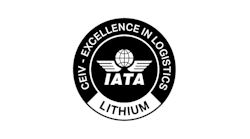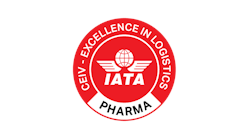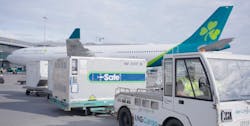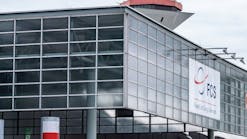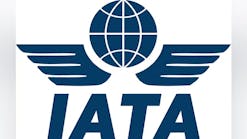This article is part of a series explaining the various types of IATA CEIV certifications.
Certification from International Air Transport Association (IATA) aims to improve the handling and the transport of perishable products to ensure food safety, as well as reduce food waste and loss along the supply chain. This Center of Excellence for Independent Validators (CEIV) certification program is CEIV Fresh.
Insufficient refrigeration causes food to be wasted. About 12 percent of total food production is lost due to insufficient refrigeration, according to IATA, which officials emphasize every supply chain stakeholder has a responsibility to do their part to safeguard the world's food supply.
"Given the sensitive nature of perishables, maintaining product integrity requires exceptional standards,” said Nick Careen, IATA's senior vice president for operations, safety and security, when All Nippon Airways (ANA) became the first Japanese Airline to receive CEIV Fresh certification.
CEIV Fresh certification is based on the Hazard Analysis Critical Control Point (HACCP) food safety control list, the IATA Perishable Cargo Regulations (PCR), and the International Organization for Standardization (ISO) international standard for food safety management systems 22000:2018, and other standards related to fresh food.
HACTL and Cathay Pacific Services Limited (CPSL) were the first cargo handling agents in the world to achieve the IATA CEIV Fresh accreditation, as part of an Airport Authority Hong Kong initiative to make the Hong Kong International Airport (HKIA) the world’s first CEIV Fresh hub in 2019.
CEIV Fresh has 43 certified entities including 12 airlines and six ramp handlers.


